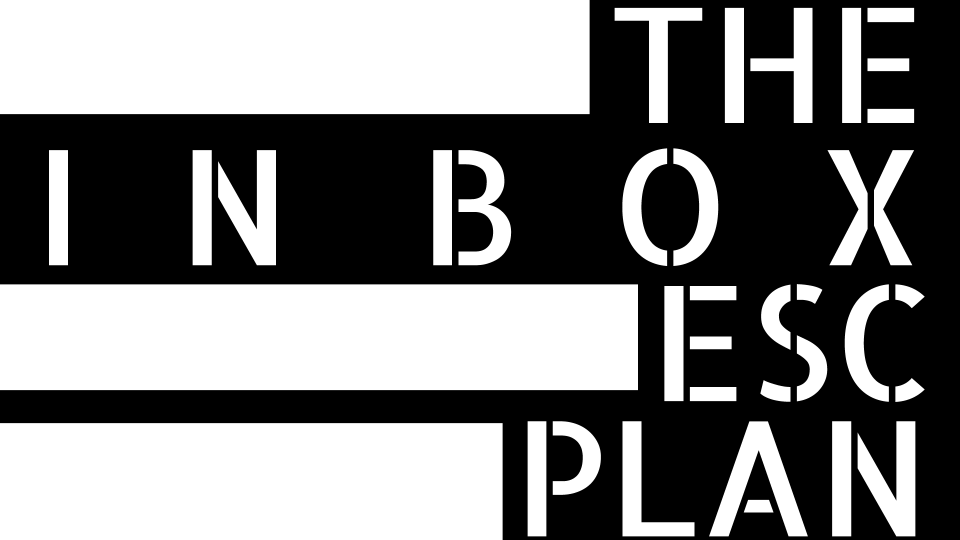
Email perplexes me. In theory it’s a great tool that should increase communication and productivity. In reality it’s a constant distraction that can decrease your productivity and cause unnecessary frustration when people use it poorly. I know personally I have felt the ping of my emailing drawing me in and have become frustrated because someone did not respond to me in a timely manner.
Ding this past school year I spent a lot of time researching and trying out different ways to make email great again. Over the next few blog posts I’m going to share some tips that I have learned and implemented this past year to take control of my inbox. The first three tips are all about avoiding the ping to constantly check your email.
According to a 2015 study that Adobe Systems conducted (link) the average worker spends 6.5 hrs a day checking to see if they have any new email. These 6.5 hrs are not spent sending, reading, and responding to email, they are spent checking to see if you have any new email. Does that sound silly to you? If so I challenge you to keep a tally today of how many times you check your email while sitting at your desk, walking to your car, in the bathroom, or any other time you feel bored. The results may be a little shocking. Below are three ways that I tried this year to cut down on the amount of times I checked my email.
I turned off all of my push email notifications.
Cal Newport’s book Deepwork has had a big influence on how I approached this past school year. In the book Newport argues that our constant phone notifications are not allowing us to get into a state of deep work. While a simple notification may not seem like a huge distraction, cause you to lose your focus and suffer from something called attention residue. While it seems silly, a recent study showed that even a simple distraction can cause you to take up to 25 minutes to get back into the zone. By turning off push notifications and manually fetching my email I now access my email when I am ready to focus on tackling my inbox instead of having my inbox distract me while I am focusing on another task.
I no longer leave my email open in my browser.
I’ll admit the first time I read about closing your email tab I thought it was a silly concept. I mean I’m in charge of my day right? A simple small number on the tab shouldn’t be that distracting right? I decided to test out the idea for a few days and now I am sold. During the first few hours of my experiment I found that my eyes started to drift up towards the tab that normally housed my email. I realized I was “checking” my email without even meaning to. Closing the tab had the out of sight out of mind effect that helped me focus on the task at hand.
I deleted my work email from my phone’s email app.
Apps are designed to hook us. There is a reason why updating your social media feeds on apps is easy. The easier it is the more people tend to do it which leads to people going farther down the rabbit hole and creating new distractions for themselves. In most current email apps even if I turn off push notifications all I have to do to check for email updates is pull down and boom new email. Before the advent push notifications and email apps if you wanted to check your email you had to open a web browser, pull up your email provider’s login page, and enter your login information. If you are trying to avoid constantly checking your inbox there are several opportunities along that path where you can stop and catch yourself before logging in. These few seconds provide you the opportunity to catch yourself and make an informed decision about your next action instead of an action based on a bad habit.
I’ll admit I’m not perfect. I still find myself opening my email at random times and not following my own rules, but when I have implemented these three rules I have found myself focused and productive. As a challenge try following these three rules for a week and see how you feel at the end of the week. I’m willing to bet that you will also find a new sense of focus and high levels of productivity.
One Comment